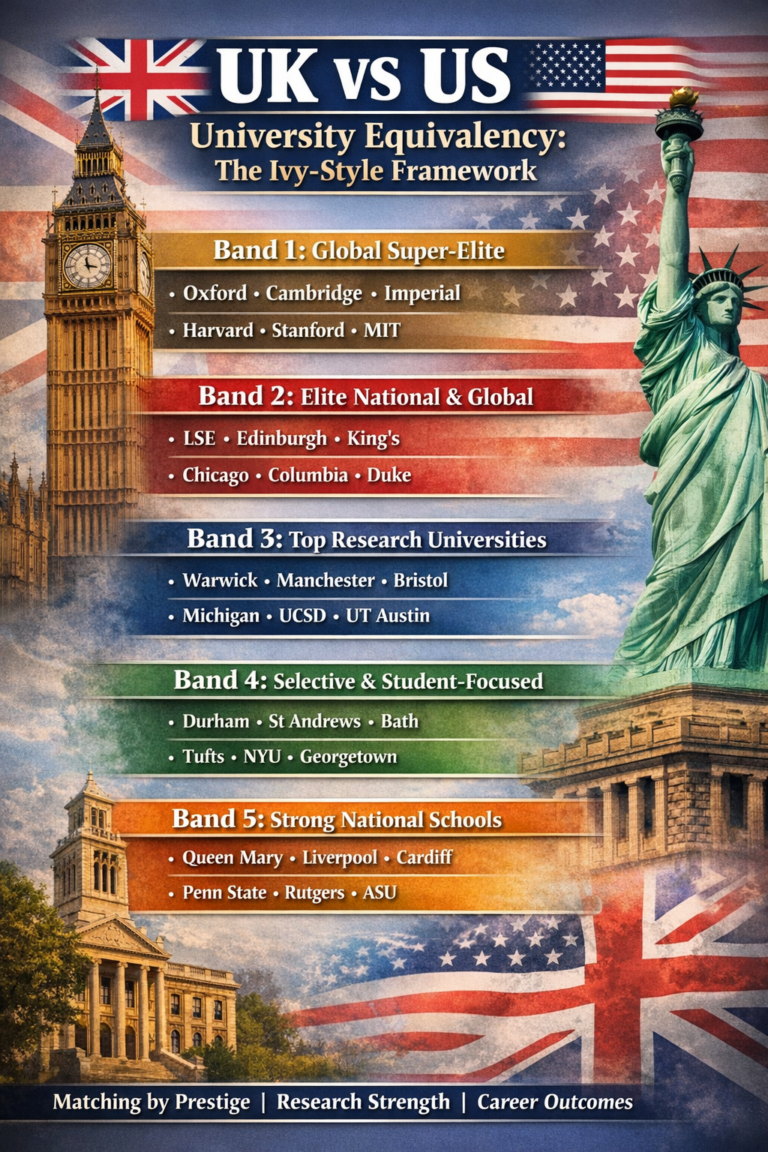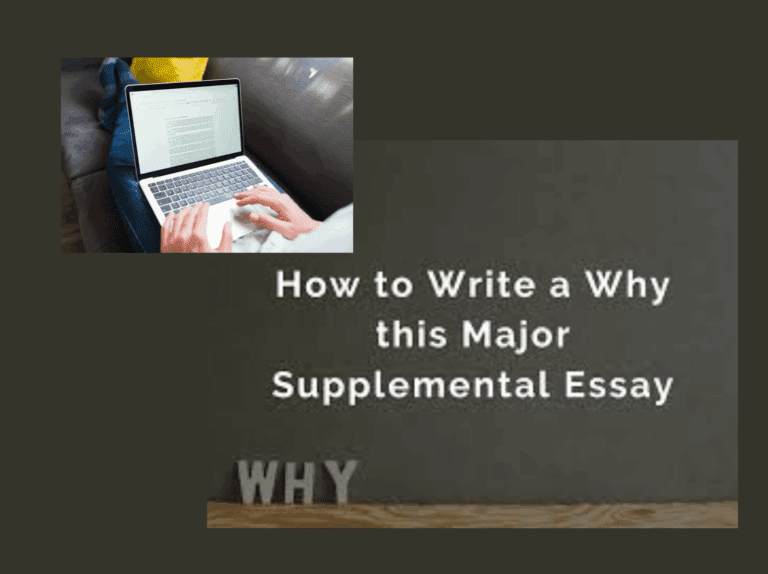
In a recent blog, I introduced readers to the Universities and Colleges Admissions Service, or UCAS for short. In the article, I went over the elements that made up a UCAS application and briefly described the Personal Essay students need to write. In this blog, I will go into more detail about the essay, what it is and how to write it.
In a nutshell…
Your UCAS Personal Statement (PS) is the one opportunity to discuss why you want to study a particular degree. It is your chance to demonstrate your drive, ambitions, skills, and achievements, making you an excellent choice for the universities to which you have applied. Unfortunately, you only have a limited amount of room to sell yourself, 4,000 characters, spaces, and 47 lines, roughly one page of A4. This limitation means that you must express yourself clearly and succinctly, leaving little room for filler.
Making a start
Often the most challenging part, so don’t sit down with a blank document in front of you; writing your PS should start well before you write your first word. Take some time to understand the courses you are applying to by researching not just what the course studies but how you would study and how you can tailor your time at university to meet your needs.
Using your research, use a mind map or spider diagram to make notes answering these questions.
· What inspired you to study this subject? Perhaps there was a specific time when you decided that this was an area you wanted to understand better, or maybe you read a book or watched a TED Talk; if so, make a note of it.
· What evidence can you provide that supports your interest and shows that it is more than superficial? An excellent personal statement will provide evidence of more extensive reading or participation in activities that support and extend your knowledge and understanding of the course you have picked.
· How can you show that you have the skills and attributes to enable you to do well in the course? You will hopefully have some examples to share inside and outside the classroom.
· How have your extra-curricular activities helped prepare you for university study? These might be academic exploration, team and leadership skills, or perhaps a prize for a literary competition you entered.
· What have your studies taught you about the course you hope to apply for? For instance, if using it for an engineering course, what have you done through your high school curriculum that sparked your interest?
Read More: Claremont Mckenna College
Putting it together
Now that you have put all of your ideas in some order, now is the time to start putting words onto paper. A clear structure will help you write a PS with a natural flow and enable you to develop good transitions from one section of your PS to the next. For clarity, I have described the PS under headings; however, the PS you submit with your UCAS application should be written using something other than subheadings.
Introduction
Your role with the introduction is to grab the interest of the admissions tutor; they probably have to read hundreds of these PS, so try to make yours stand out. This might be the point to share a story about when you realized that the subject you are applying for was what you wanted to study.
Academic achievements
This should be something other than a list of subjects and grades; that information will go elsewhere in your application. Instead, you’d like to tell the admissions tutor about the specific things you have done in your curriculum with your interests, the course content, and how they’re doing.
Extra-curricular activities
Showcasing your abilities and interest in school shows how you have pursued those interests through extra-curricular activities. In addition, these extra-curricular activities demonstrate how you have followed your interests beyond the curriculum and different aspects of your personality that a university might look for, leadership, or an interest in broader issues facing humanity.
Conclusion
Your conclusion should tie in all the most critical aspects of your achievements into no more than two or three sentences. Then, finish with a clear, positive statement that encapsulates why the universities reading your PS should accept you.
Final points
You should expect to rewrite your PS a few times, but each time you think you have finished, read it out loud. It’s a great way to test the flow and identify any clunky language. Then, having done that, put it down overnight and proofread it again. Keep doing this until you stop making changes to what you have written. It is always a good idea to ask somebody who knows you well to read it before you add your essay to your UCAS application; they may pick up on something you have missed.
Working with study abroad consultants, overseas education consultants, or, more commonly known, college counselors, can help you plan and perfect your personal statement. Ivy Central offers exceptional and experienced writers that can give you some of the best advice for your PS. Start today!








